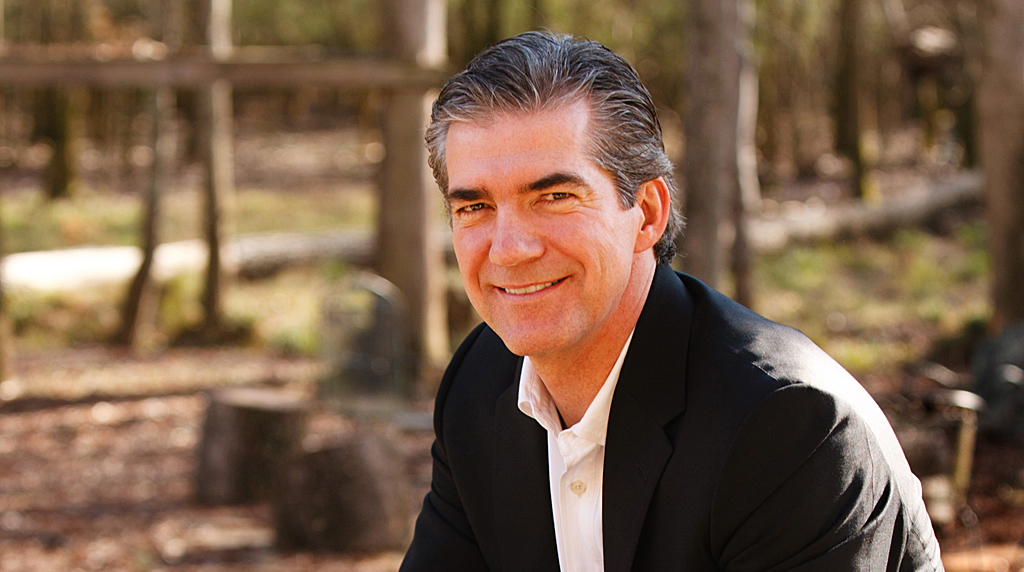Swim with dolphin programs can be found all over the world, they have become extremely popular in the Caribbean for Americans. You may be wondering if it's okay to swim with dolphins or not, and as a dolphin lover it may feel hard to pass up an opportunity like this but you should. Here's why.
Dolphin holding pens are extremely small and shallow, they have multiple dolphins in small pens together, it's not a natural experience. Many open sea pens do not have any sort of veterinary care and when things go wrong, there is nothing anyone can do. Enclosed pens at marine parks have so much chlorine in them it can sometimes be hard to breathe and it eventually makes the dolphins blind.
Many dolphins will experience stress and can become dangerous to humans if they become too frustrated. It has even been seen that dolphins in captivity will drown their babies because they don't want them to live a life of stress for human entertainment.
These programs entail serious health risks, not only for dolphins but for humans too. Swimmers have come out of the water with bruises, scratches, bites and in some cases, broken bones. Diseases can also be spread to dolphins from humans and vice versa. Another major risk is exposure and pollution, for those dolphins living in sea pens, they risk injury from falling debris during hurricanes, shallow waters can become too hot from sun exposure, high pollution levels can lead to death.
You have to remember these dolphins have no escape, dolphins can not leave when they don't want to be interacted with. Dolphins can collide with other dolphins or humans. Dolphins can also be injured by humans fingernails or jewelry. Most people come out of the program feeling some regret or no satisfaction because what they just encountered was not a natural experience.
Another popular alternative to sea pens and marine parks is programs that allow swimmers to jump from the boat to swim with wild dolphins, this is extremely harmful. It can lead to the dolphins leaving their homes to find quieter areas. They've also been known to become dependent on humans for food because the program will drop food into the water to coax the dolphins over. Injury to dolphins have been reported as well from being hit by the boats propeller.
So the question is, will you still swim with dolphins after hearing these non-ethical facts?

































